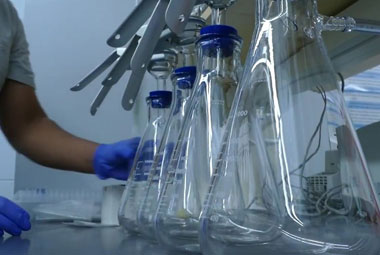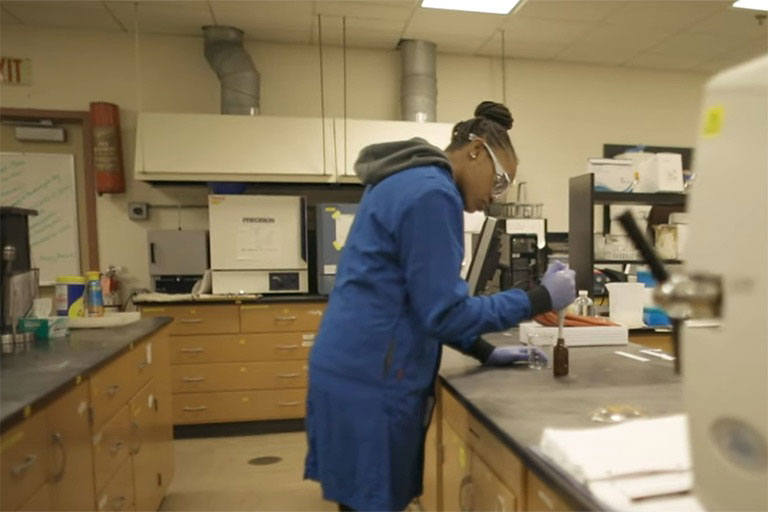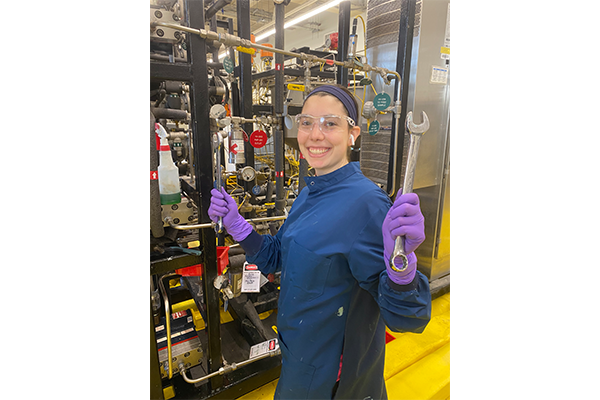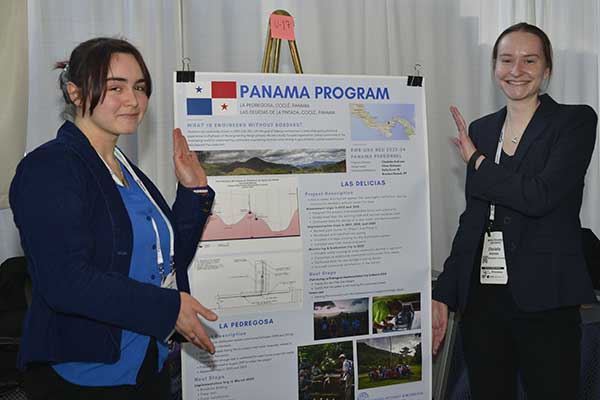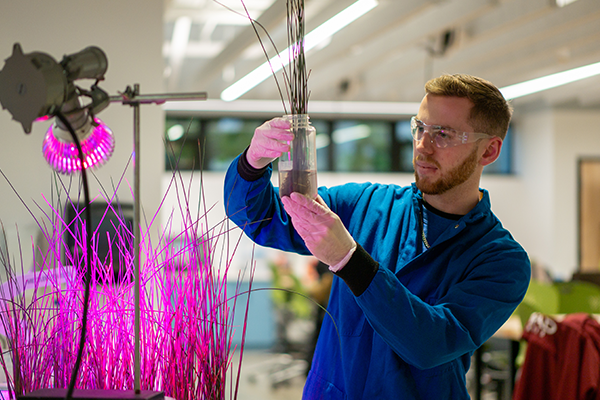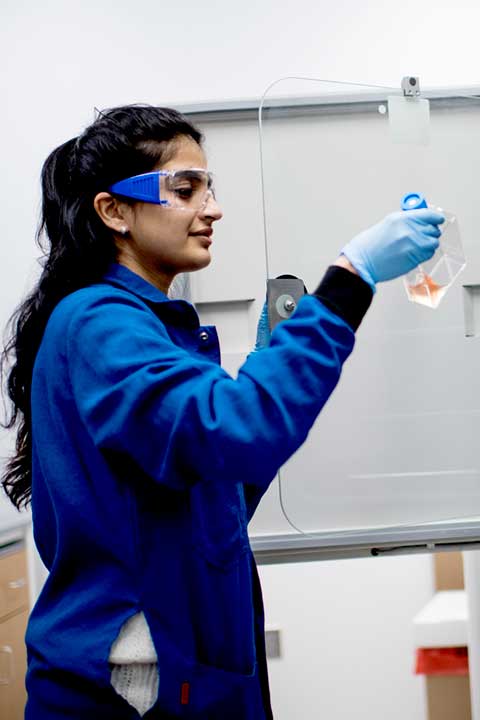
Bachelor of Science in Environmental Engineering
Bachelor of Science in Environmental Engineering
Overview
Throughout the world, environmental engineers play a key role in defining the future of sustainable cities and communities. Creating innovations and designing systems that ensure clean and healthy environments are some of the greatest collective challenges of our time. Revolutionary strategies and designs are needed to create symbiosis between our natural and manmade environments.
Using new and advanced technologies, environmental engineers must address the world’s growing challenges, including engineering sustainable strategies coupled with the development of devices and tools to better predict and address environmental needs to provide clean environments and planning green infrastructure in conjunction with the natural environment for a changing planet.
Innovative Curriculum
With a solid foundation in engineering, chemical, biological, and ecological principles, Northeastern’s environmental engineering students learn how to tackle interconnected challenges as they relate to water, energy, air quality, and related fields. Understanding these complex interactions, particularly as they impact our built and natural environments, is embodied in our program through a holistic educational approach.
This knowledge will provide students with the core skills necessary to practice environmental engineering and work with other engineers and urban and regional planners in an interdisciplinary environment. Graduates will play a key role in planning, designing and monitoring public and private facilities to minimize the impact of anthropogenic activities on the environment, ensuring regulatory compliance while mitigating the impact of contaminated soil, groundwater and surface water on human health.
Students have the option of selecting from several minors to complement their degree and personalize their path. Students can select from minors in the department, in other engineering departments, or from across the university.
The Accelerated Master’s Degree PlusOne program allows current undergraduate students to accelerate the attainment of the master’s degree by applying graduate credits taken as an undergraduate toward both the undergraduate and graduate degrees. Current students apply to enroll in the PlusOne program. Students attain their bachelor’s degree followed by a PlusOne year to complete the master’s degree.
Students currently earning a BS in Environmental Engineering can select from the below MS degree PlusOne pathways.
Experiential Learning
Experiential learning is the heart of a Northeastern education, combining rigorous coursework with hands-on experience in the classroom, in the lab, and in the field—locally and abroad. With our signature cooperative education (co-op) program, students typically gain six months of work experience integrated as part of the educational program. Both five-year, three-co-op and four-year, two-co-op program options are available.
Academic Advising
For support with academic questions, contact the academic advisor assigned to this program.
Admissions & Aid
Ready to take the next step? Review Degree Requirements to see courses needed to complete this degree. Then, explore ways to pay for your education. Finally, review Admissions Information to see our deadlines and gather the materials you need to Apply.
Student News
Professional Licensure: If looking for information on obtaining Professional Licensure, visit the Professional Licensure Disclosure Page or contact the Associate Dean for Undergraduate Education, Susan Freeman, at s.freeman@northeastern.edu.
